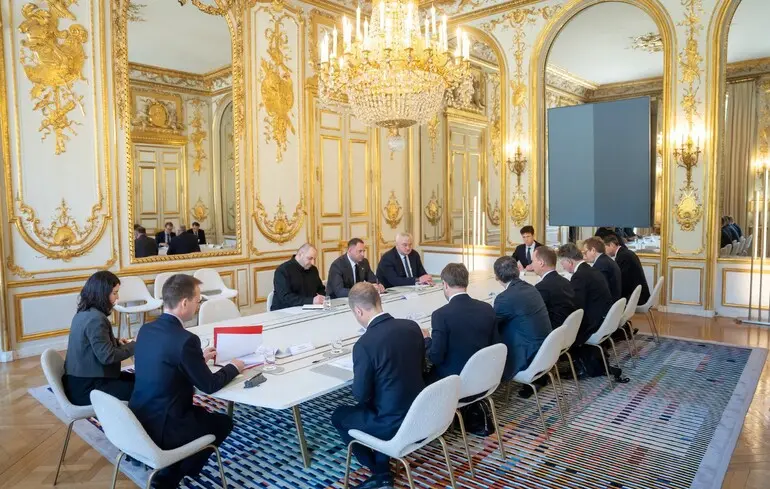Ukrainians’ Skepticism Toward the ‘Coalition of the Willing’: Illusion or Real Security Prospect?

In contemporary Ukraine, the term ‘coalition of the willing’ often sparks sarcastic smiles and remarks.
It has become a kind of symbol of uncertainty and unfulfilled expectations, representing the feeling that those willing to assist Ukraine in its fight for independence and security are mainly eager, but presently unable.
This phrase reflects a psychological label capturing skepticism and distrust in Western diplomatic promises, especially regarding the anticipation of security guarantees ‘after the war.’ Currently, most Ukrainians see no clear signs of a swift end to hostilities, especially after the massive drone and missile attacks carried out by Russia on September 7, which once again darkened the skies and shattered peace.
The perception persists that the conflict will take much longer to resolve, despite promises of support.
The idea that 20,000–40,000 soldiers from countries with limited experience in conventional warfare — let alone drone warfare — could effectively deter Ukraine’s armed forces, which number almost a million, is met with a degree of skepticism and even disdain in some circles.
Furthermore, statements by the UK government on supplying long-range missiles and references to the role of international organizations, such as the OSCE, in monitoring the Minsk Agreements (2014–2022) have fueled debates about the real capacity to control and enforce commitments.
Political analysts agree that the so-called ‘coalition of the willing’ starts showing tangible results — Europe is finally speaking in a language Putin understands: force.
Meanwhile, Russia, possessing the second-largest military in the world, has suffered significant setbacks, failing to conquer its much smaller neighbor after over three and a half years of full-scale warfare.
Although Russia employs brute force, corruption, and propaganda to prolong the conflict internally, this strategy risks undermining its social contract — the implicit agreement where citizens accept certain restrictions in exchange for stability and avoiding chaos reminiscent of the fragile 1990s.
The returning of Russian soldiers and criminals from Ukraine after the conflict threatens to erode this fragile social deal, heightening internal tensions.
Negotiations and empty diplomatic promises now seem increasingly naive, with prospects for a comprehensive peace treaty remaining uncertain.
Nonetheless, experts argue that ending the war requires not only diplomatic efforts but also the application of sanctions and other pressure tactics on Russia.
In this context, the UK, France, and Germany are already discussing deploying troops, while some U.S.
politicians caution that American forces are unlikely to be directly involved.
The first step — security guarantees obtained during negotiations in Washington — raises questions about whether these will effectively shield Ukraine from further aggression and Russia’s ‘salami tactics.’ Analysts agree that without international military presence and strict sanctions, the long-awaited peace will remain elusive, and the ongoing war will continue as a fierce struggle for Ukraine’s future and independence.

